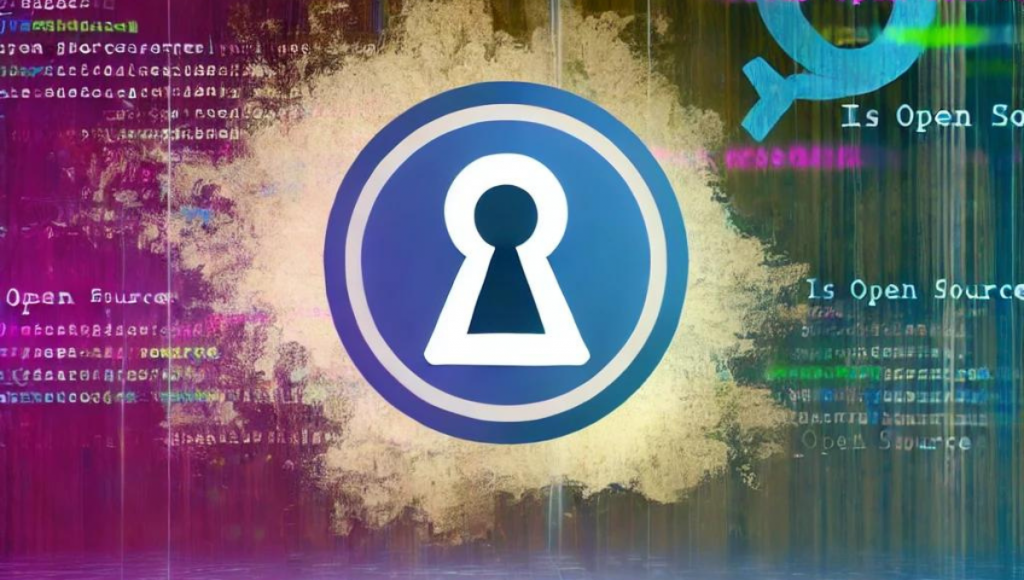Welcome to StartupHakk! I’m Spencer Thomason, and today we’re tackling a controversial topic: Open Source is dying. Once hailed as a revolutionary approach to software development, community-driven software now faces the threat of extinction. Why? The reasons are rooted in corporate influence, financial instability, and the meteoric rise of SaaS. Let’s explore how we got here and if there’s any hope for the future of Open Source.
Corporate Influence: Undermining the Open Source Ethos
In its early days, Open Source was a community of passionate developers collaborating to build and share software freely. The idea was simple: by working together, we could create better software that anyone could use, modify, and improve. However, this spirit of collaboration has been increasingly diluted by corporate interests. Large companies now leverage Open Source to their advantage, taking valuable code without giving back to the community.
Imagine a potluck where everyone is supposed to bring food, but now most guests show up empty-handed, yet enjoy the feast. This one-sided relationship has led to an unsustainable model. Open Source developers invest countless hours into projects, only to see corporations benefit without contributing or compensating the creators. As a result, developers are feeling burned out and frustrated, causing a decline in community-driven efforts.
The HashiCorp Licensing Controversy: A Case Study
A key example of corporate influence reshaping Open Source is the HashiCorp licensing controversy. Once a beacon of the Open Source movement, HashiCorp recently switched its license to a Business Source License (BSL). This shift limits how competitors can use their software, aiming to protect their commercial interests. While HashiCorp argues that this change is necessary for business, it goes against the core values of Open Source—freedom, collaboration, and community-driven innovation.
This shift is symptomatic of a larger trend where companies are moving toward hybrid licensing models, offering some openness while retaining control. As this trend grows, it’s clear that the original Open Source ethos is being replaced by corporate pragmatism.
Financial Instability: Why Passion Isn’t Enough
For years, the Open Source community ran on passion. Developers contributed to projects in their free time, driven by the joy of coding and the belief that they were making something for the greater good. But passion doesn’t pay the bills. With the rapid evolution of the tech world, many developers can no longer afford to work on Open Source full-time or even part-time.
As a result, many developers are turning to corporate jobs to make ends meet. This leaves Open Source projects underfunded, understaffed, and ultimately stagnant. What was once a thriving ecosystem is now marked by developer burnout, with fewer people willing to invest unpaid time in maintaining and building projects.
The Rise of SaaS: The Convenience Factor
The convenience of SaaS (Software as a Service) has also played a significant role in the decline of Open Source. Why download, configure, and maintain open-source software when you can simply subscribe to a managed service? SaaS platforms take care of everything from updates to security, offering a user experience that many find hard to resist.
This trend has resulted in a shift away from Open Source adoption. The appeal of community-driven software is fading as businesses and individuals choose SaaS solutions that offer ease of use and ongoing support. This growing reliance on SaaS leaves Open Source looking outdated, struggling to compete in a world that prioritizes convenience over freedom.
The Decline of Opportunities for Junior Developers
Another consequence of the slow death of Open Source is the loss of opportunities for junior developers. In the past, contributing to Open Source was a way for aspiring developers to gain real-world experience, build a portfolio, and learn from more experienced programmers. But as Open Source projects decline, these opportunities are becoming scarce.
Without access to these hands-on learning experiences, junior developers may struggle to gain the skills they need to advance their careers. The decline of Open Source isn’t just bad for the community; it’s a loss for the entire tech industry, especially for those just starting their journey.
Is There Hope? A Turning Point for Open Source
While it’s easy to view the decline of Open Source as the end of an era, some believe this is just a turning point. We could see more companies adopt hybrid models, offering parts of their code as Open Source while keeping core features proprietary. This compromise may not fully align with the original vision of Open Source, but it could help the movement survive.
There’s also potential in new funding models like GitHub Sponsors and Open Collective, which allow developers to receive financial support while keeping their projects open. The key to Open Source’s survival may lie in finding a balance between community-driven innovation and financial sustainability.
Conclusion: The Slow Decline of Open Source
Open Source is struggling under the weight of corporate dominance, financial instability, and the rise of SaaS. What was once a revolutionary movement for community-driven software is now at risk of fading away. While there are still efforts to keep Open Source alive, the cracks are showing.
The future of Open Source might look different from its heyday, but with innovation, hybrid models, and financial support, there’s hope that it can evolve and continue to thrive. For now, the Open Source movement is in critical condition, and only time will tell if it can be saved.




